A large and impressive Italian sculpted white marble model of the Medici Vase, after the Antique, late 19th/early 20th century, of twin handled Campana form, carved with figural reliefs between bands of fruiting vine and acanthus, presented on a mottled green and white marble pedestal, approximately 187cm overall, the vase 69cm diameter Provenance: Previously, Major Ion R. Harrison (1889-1952), Croft House, Helensburgh, Scotland Thence by descent, until sold at Great Western Auctions, Glasgow, 15 June 2018, lot 821 The Medici Vase is a monumental marble bell-shaped krater, likely sculpted in Athens in the second half of the 1st century AD as a garden ornament for the Roman market, and now in the Uffizi Gallery Florence. Its deep frieze is carved with a mythological bas-relief which is believed to represent Agamemnon, Iphigenia and Achilles or Odysseus. The vase reappeared in the 1598 inventory of the Villa Medici, Rome, and has been celebrated by artists and collectors since. It provided popular subject matter for Grand Tour souvenirs in various materials including bronze, alabaster, and marble. For further reading about the Ancient original, see Francis Haskell and Nicholas Penny, Taste and the Antique, Yale University Press, 1981, pp. 56, 314-15
A large and impressive Italian sculpted white marble model of the Medici Vase, after the Antique, late 19th/early 20th century, of twin handled Campana form, carved with figural reliefs between bands of fruiting vine and acanthus, presented on a mottled green and white marble pedestal, approximately 187cm overall, the vase 69cm diameter Provenance: Previously, Major Ion R. Harrison (1889-1952), Croft House, Helensburgh, Scotland Thence by descent, until sold at Great Western Auctions, Glasgow, 15 June 2018, lot 821 The Medici Vase is a monumental marble bell-shaped krater, likely sculpted in Athens in the second half of the 1st century AD as a garden ornament for the Roman market, and now in the Uffizi Gallery Florence. Its deep frieze is carved with a mythological bas-relief which is believed to represent Agamemnon, Iphigenia and Achilles or Odysseus. The vase reappeared in the 1598 inventory of the Villa Medici, Rome, and has been celebrated by artists and collectors since. It provided popular subject matter for Grand Tour souvenirs in various materials including bronze, alabaster, and marble. For further reading about the Ancient original, see Francis Haskell and Nicholas Penny, Taste and the Antique, Yale University Press, 1981, pp. 56, 314-15

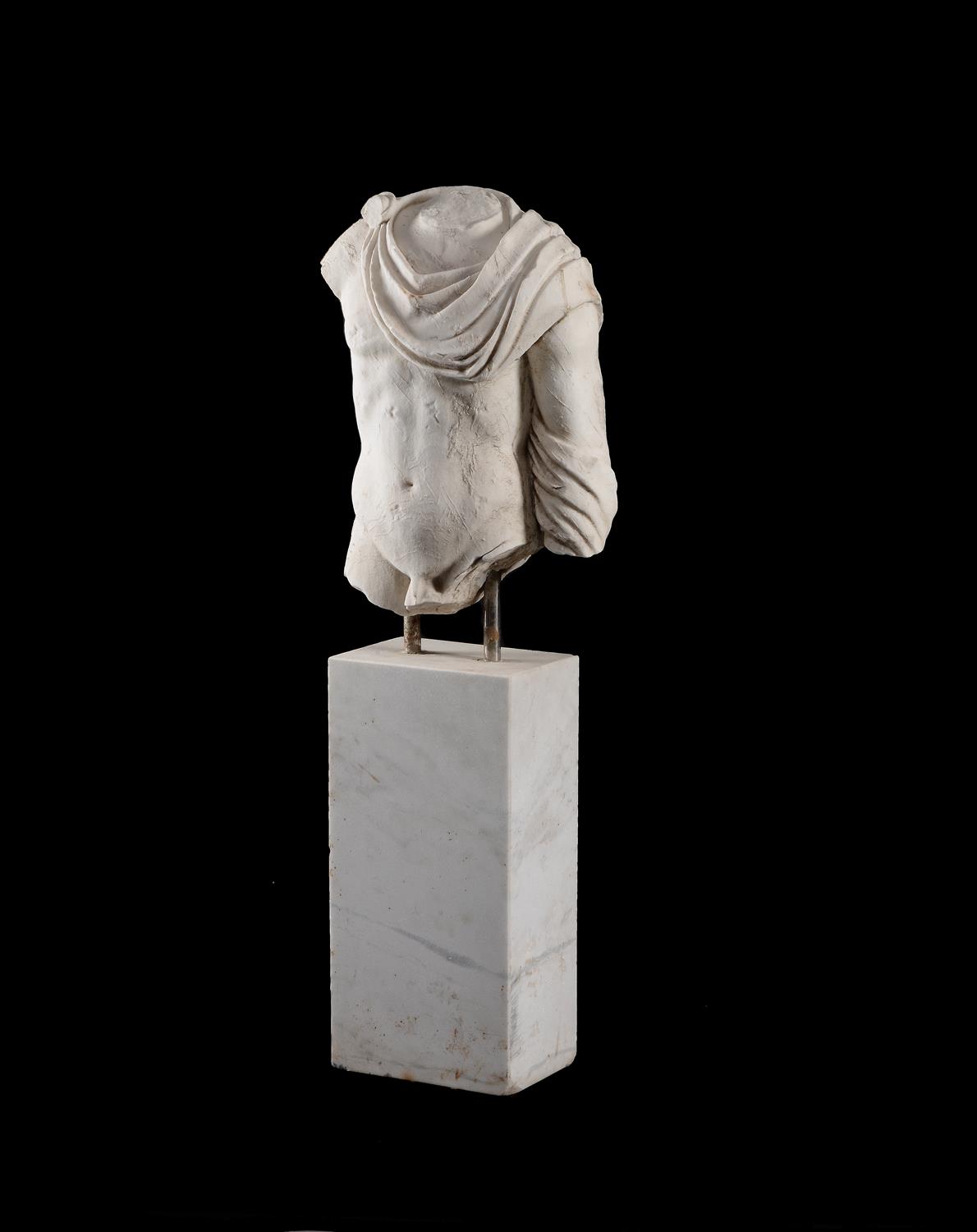

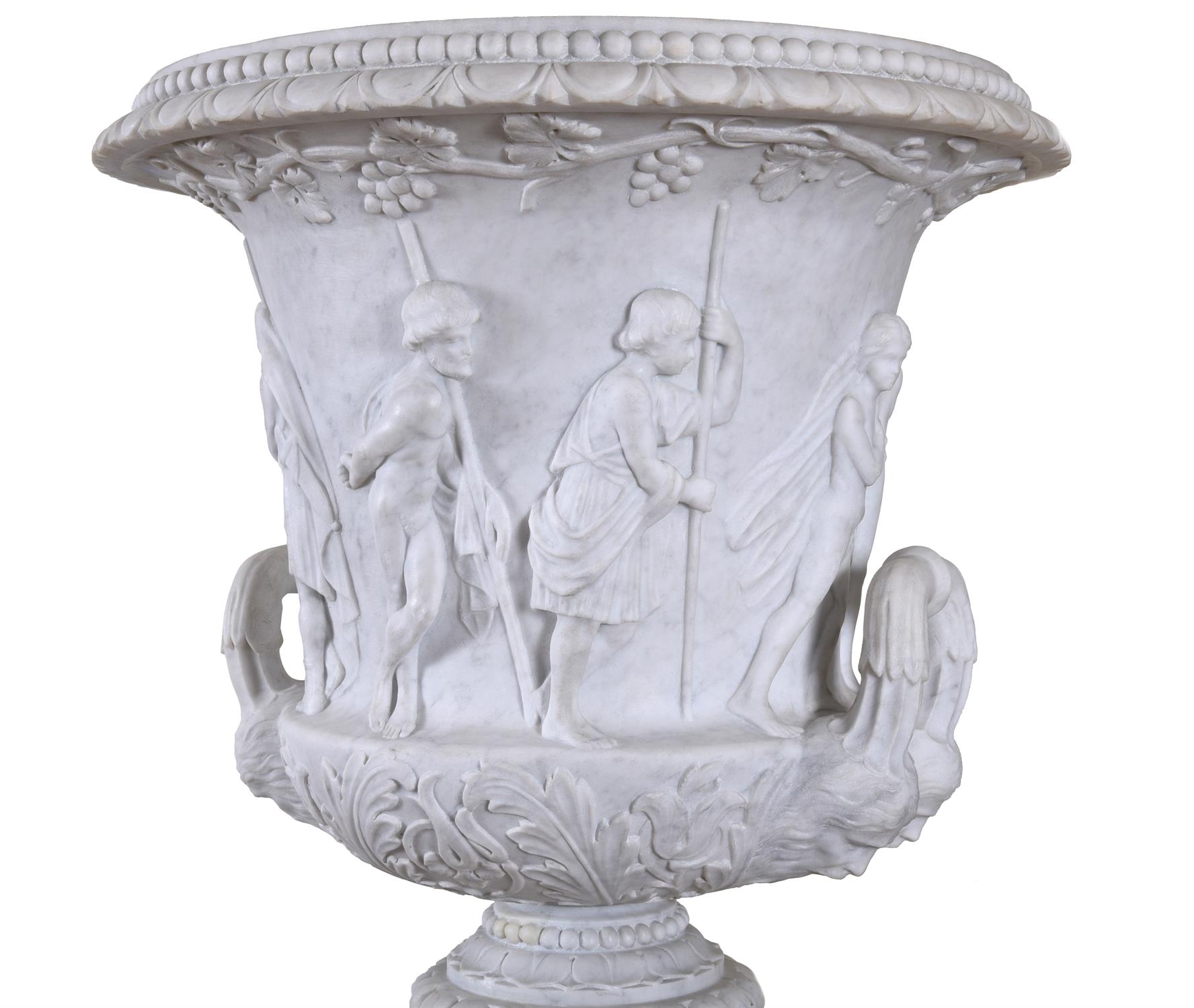
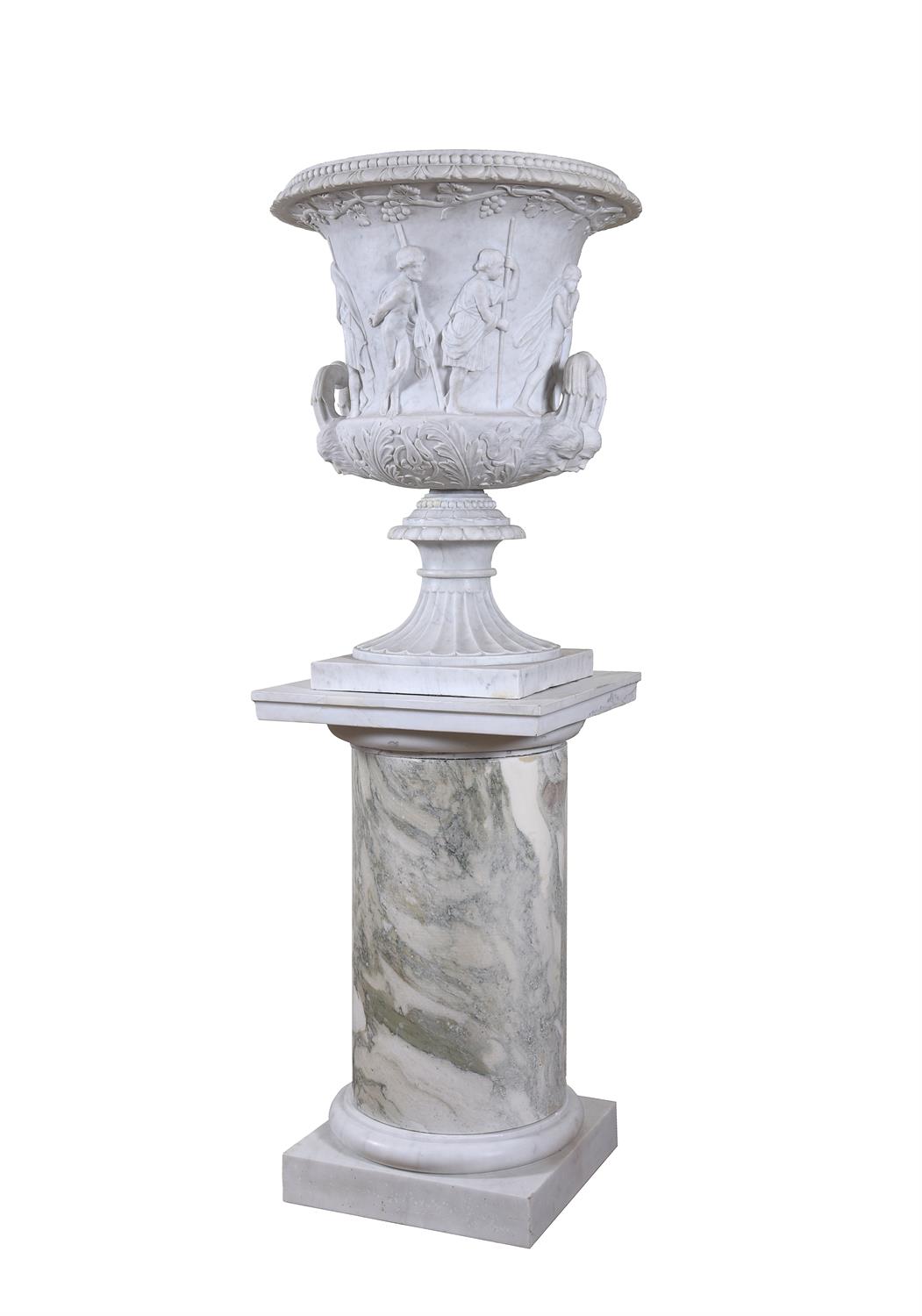


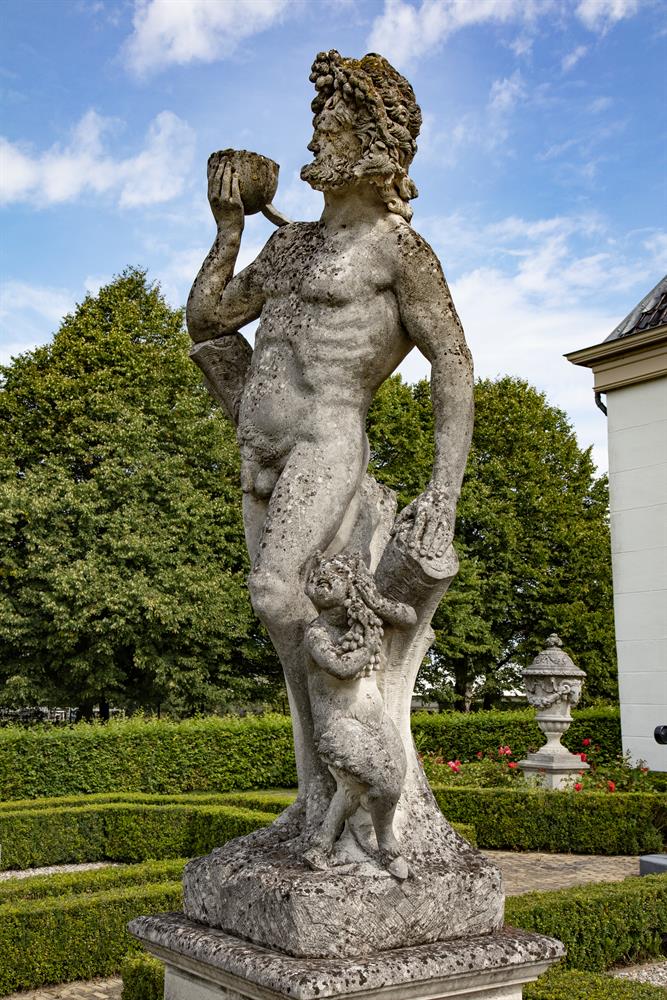
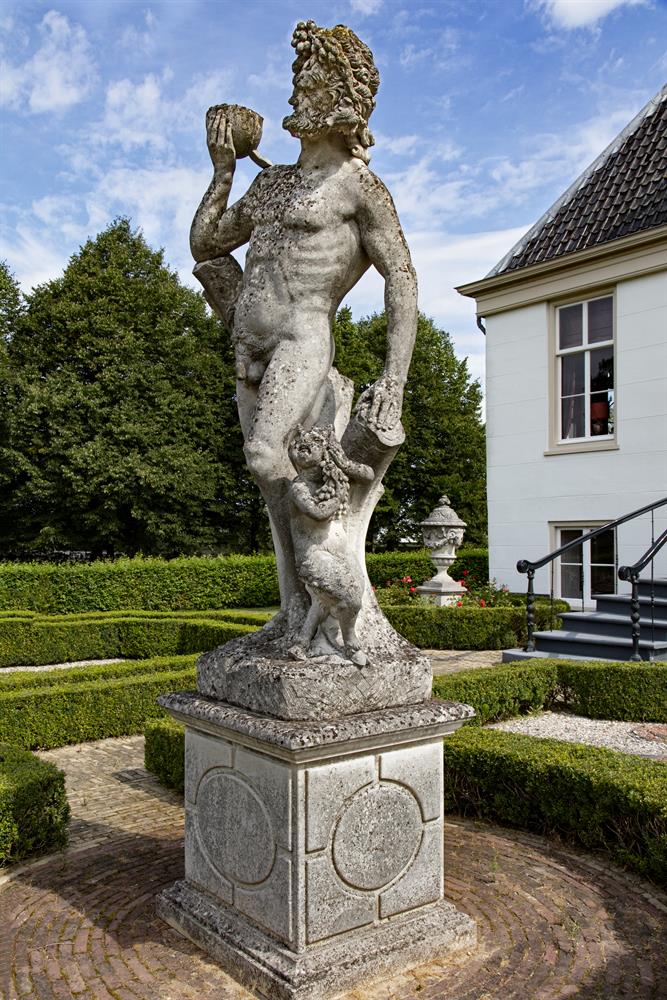



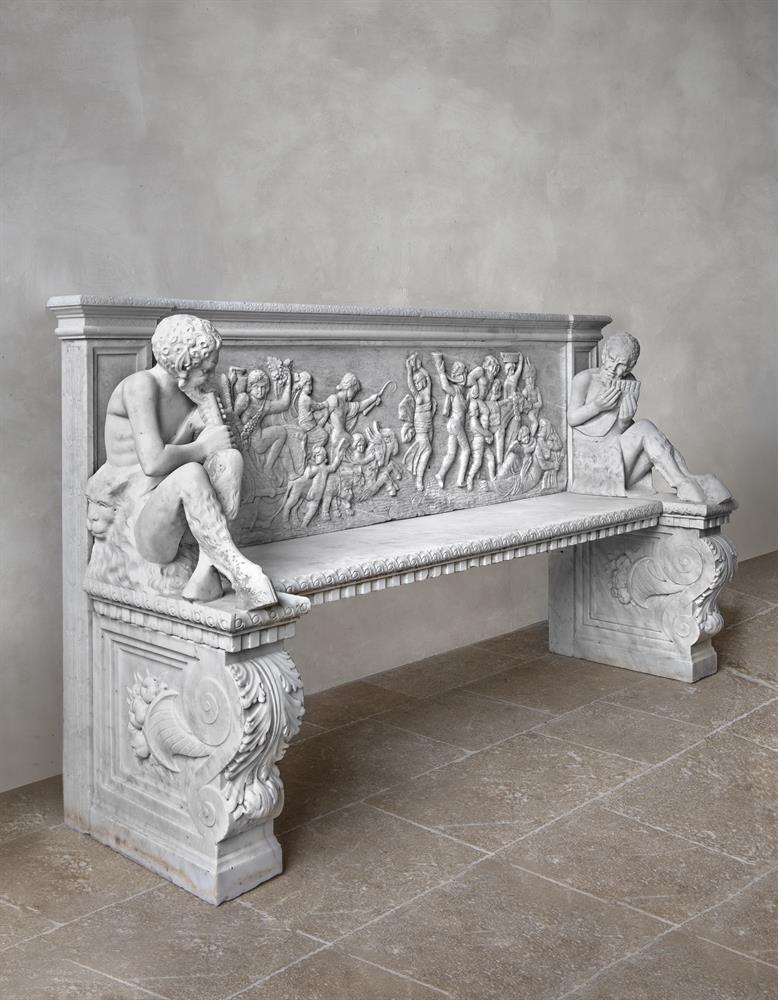

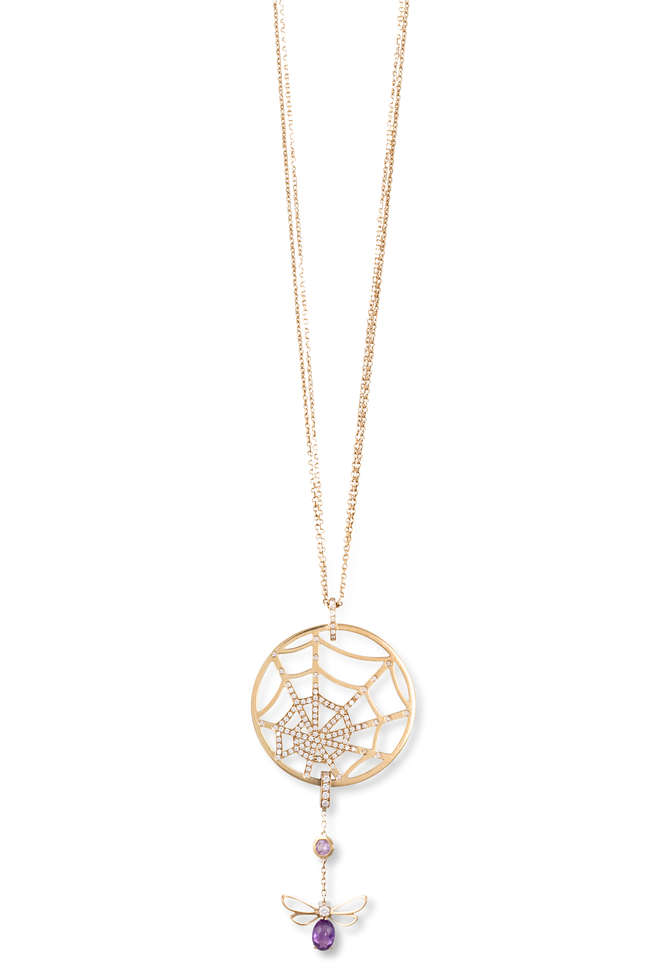
Testen Sie LotSearch und seine Premium-Features 7 Tage - ohne Kosten!
Lassen Sie sich automatisch über neue Objekte in kommenden Auktionen benachrichtigen.
Suchauftrag anlegen